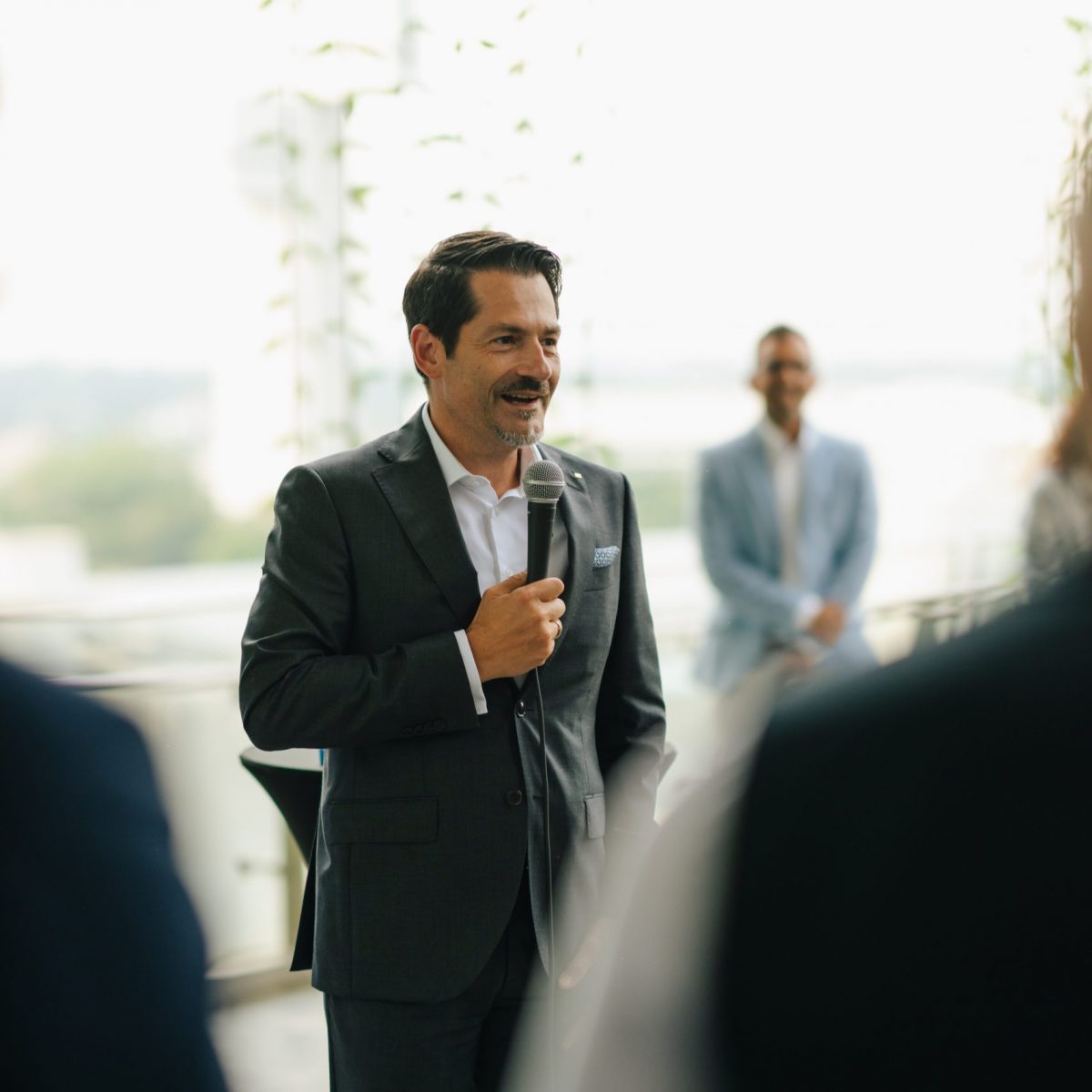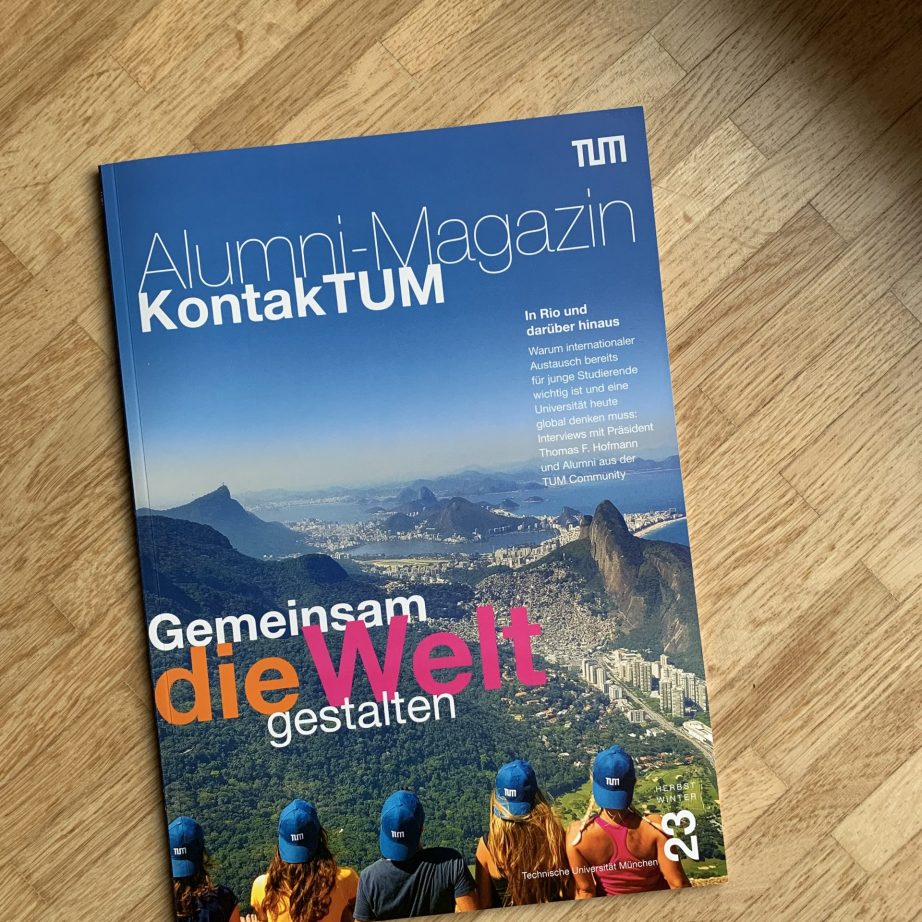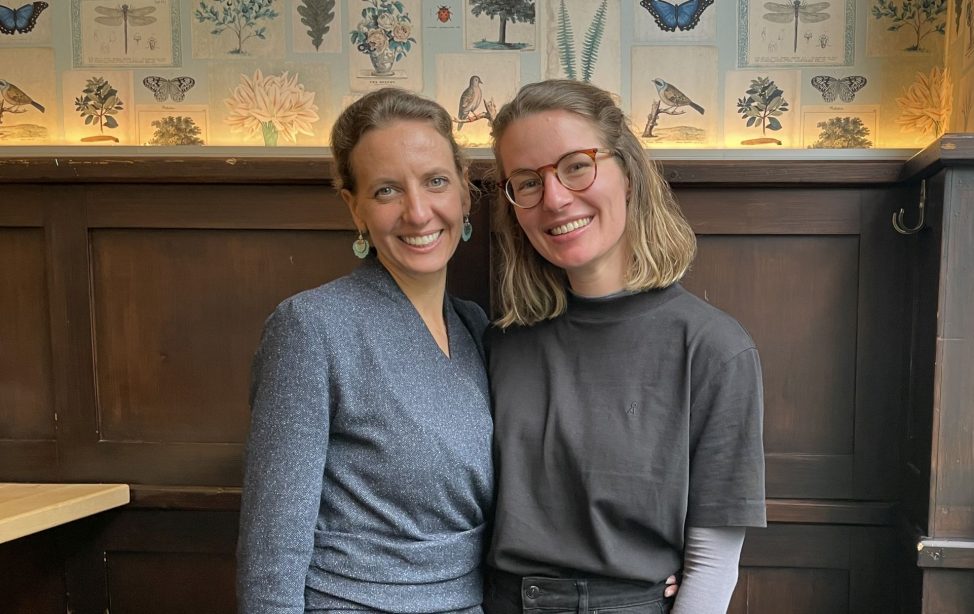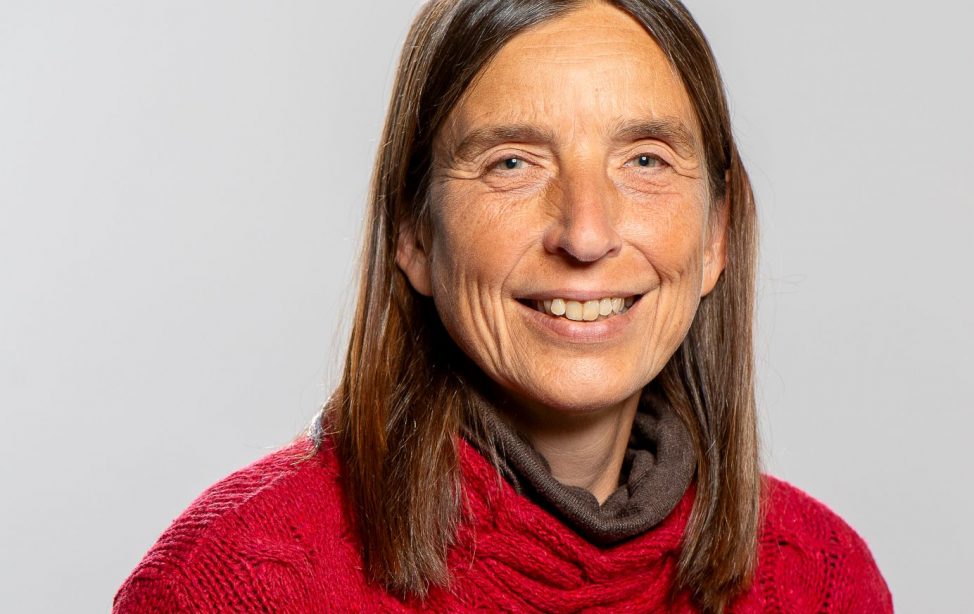
TUM-Präsident Prof. Dr. Thomas F. Hofmann besuchte Anfang Juli den TUM Asia Campus in Singapur. Dort sprach er einige Worte zur Eröffnung des Alumni-Treffens.
Creativity Comes about When People Aren’t All Cut from the Same Cloth and Instead Think a Little Differently.
For Technologies and New Approaches to Have an Impact, They Need to Be Implemented on a Global Scale, as Quickly as Possible.



